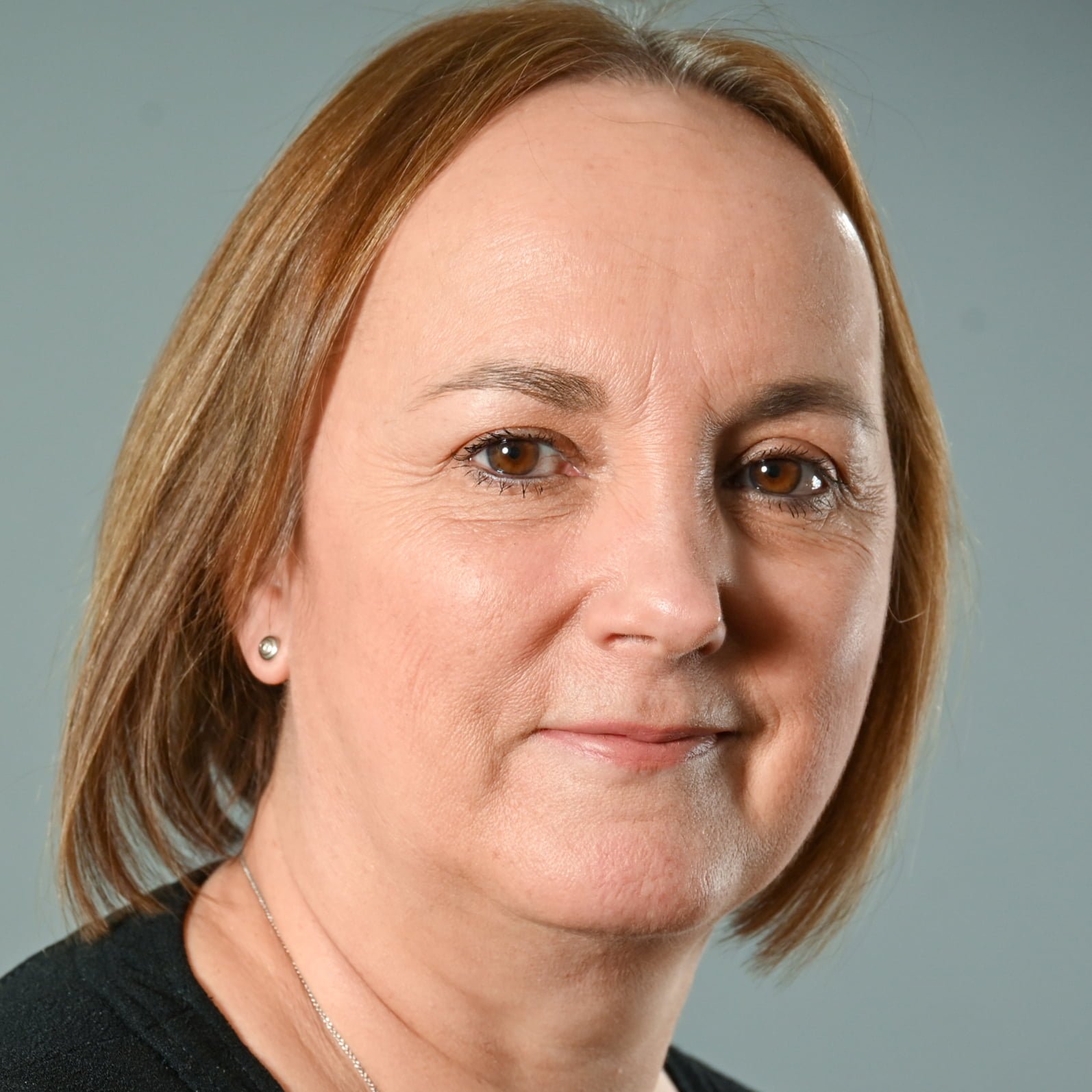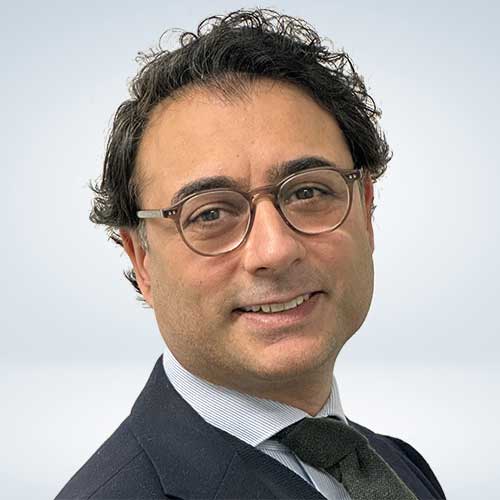
- Manchester
- health and safety, inquest and inquiries
- j.down@hempsons.co.uk
- 0161 234 2496

- London
- inquest and inquiries
- j.holmes@hempsons.co.uk
- 020 7484 7557
Inquests – how we can help
Hempsons lawyers regularly appear at inquests across the country. Margaret Taylor and Adam Smith sit as Assistant Coroners, reflecting our expertise in the field. We assist NHS clients as well as individual doctors and dentists and healthcare professionals in preparing for inquests, and provide advice and support to those who are asked to submit a report to the Coroner, called to give evidence as a witness, or are otherwise involved as an “Interested Person”. Every year, we have been involved in numerous lengthy, high-profile inquests and our expertise allows us to guide clients through what are often delicate, highly emotional and upsetting proceedings for the family of the deceased and for others involved.
What is an inquest?
The Coroner has a duty to investigate certain deaths. Examples include where someone has died in police custody, or where the death was violent, “unnatural” or of unknown cause. An inquest is a fact-finding inquiry, and the Coroner’s duty is to answer four questions: who died, where, when and how they came about their death. The fact-finding nature of an inquest means that there are no “sides”, it is not a trial and it is not designed to attribute blame (as would be the case in a criminal trial or civil claim. Many inquests will be conducted by the Coroner without the need for any witness evidence, but particularly where there are uncertainties about the fourth question (how the deceased came about their death), you might be asked to assist the Coroner by preparing a written report, attending to give evidence, or both.
The Coroner also has a duty to refer matters to an appropriate person to enable action to be taken to prevent similar deaths in the future (‘Prevention of Future Deaths’ letters). We can advise you about the steps you can take to avoid such letters and how to respond if you or your organisation receive such a letter.
Preparing a report for the Coroner
Hempsons’ team of lawyers has years of experience of helping clients to prepare for and attend inquests. If you have been asked to prepare a report for the Coroner, we can help you to ensure that what you send both answers the Coroner’s queries and stays within the confines of what the inquest is intended to address. Often, preparing the right written report will mean that you can either avoid having to give evidence at the eventual hearing or that, if you do have to give evidence, it will be completed far more quickly and will be less stressful for you.
Interested Persons
An “Interested Person” is someone who is entitled to participate in the inquest, by receiving a copy of the evidence, asking questions of witnesses and, at the end of the hearing, making submissions on the law to the Coroner before he or she reaches his/her conclusion. Interested Persons will invariably include the family of the deceased but will also include anyone whose acts or omissions might in some way have contributed to the death. If you or a member of your NHS team are told by the Coroner that you are an Interested Person, Hempsons can provide the necessary legal advice and support to ensure you are fully-prepared, your and your organisation’s rights and best interests are protected and that the inquest is conducted and concluded properly. Contact us today for advice and representation at an inquest.
Giving evidence at an inquest
If you have been identified as an Interested Person, you will usually have to give evidence at the inquest hearing; but you might be asked to attend to give evidence even if you are not an Interested Person. Either way, there are subtleties to how oral evidence is heard at an inquest, which mean it is procedurally different to other kinds of court. The Coroner will usually ask most of the questions a witness is to answer, but the Interested Persons are also entitled to ask questions. Whether you are giving evidence as an Interested Person or just as a witness, we can help you to prepare for what can be a stressful experience, and to ensure that when you give evidence, only appropriate questions are asked of you. If you are an Interested Person, we will question the other witnesses for you, address the Coroner on your behalf and, where appropriate, make submissions at the end of the inquest, to assist the Coroner in reaching his or her conclusion.
Other proceedings
Our experienced inquest lawyers know that when representing clinicians, it is vital always to have in mind the potential for subsequent regulatory or civil consequences. Inquests can be used as an opportunity to gather and elicit evidence and take advice on whether or not there are grounds to take further action. There are also occasions when either the Coroner or an Interested Person raises concerns with either the police or a clinician’s regulatory body. Doctors also have a duty to self-report to the GMC if they are criticised by an official inquiry which includes criticism by a Coroner. This means that what happens at an inquest can dictate what happens afterwards. We have steered many NHS and individual clients through inquests in a way which avoids subsequent proceedings, so if you think you are at risk, contact us today and we can provide you with the guidance and support you need.
Whether you are involved in a simple one-day inquest or a lengthy, multi-party inquest, Hempsons can provide clear and specialist advice to protect your interests.

















